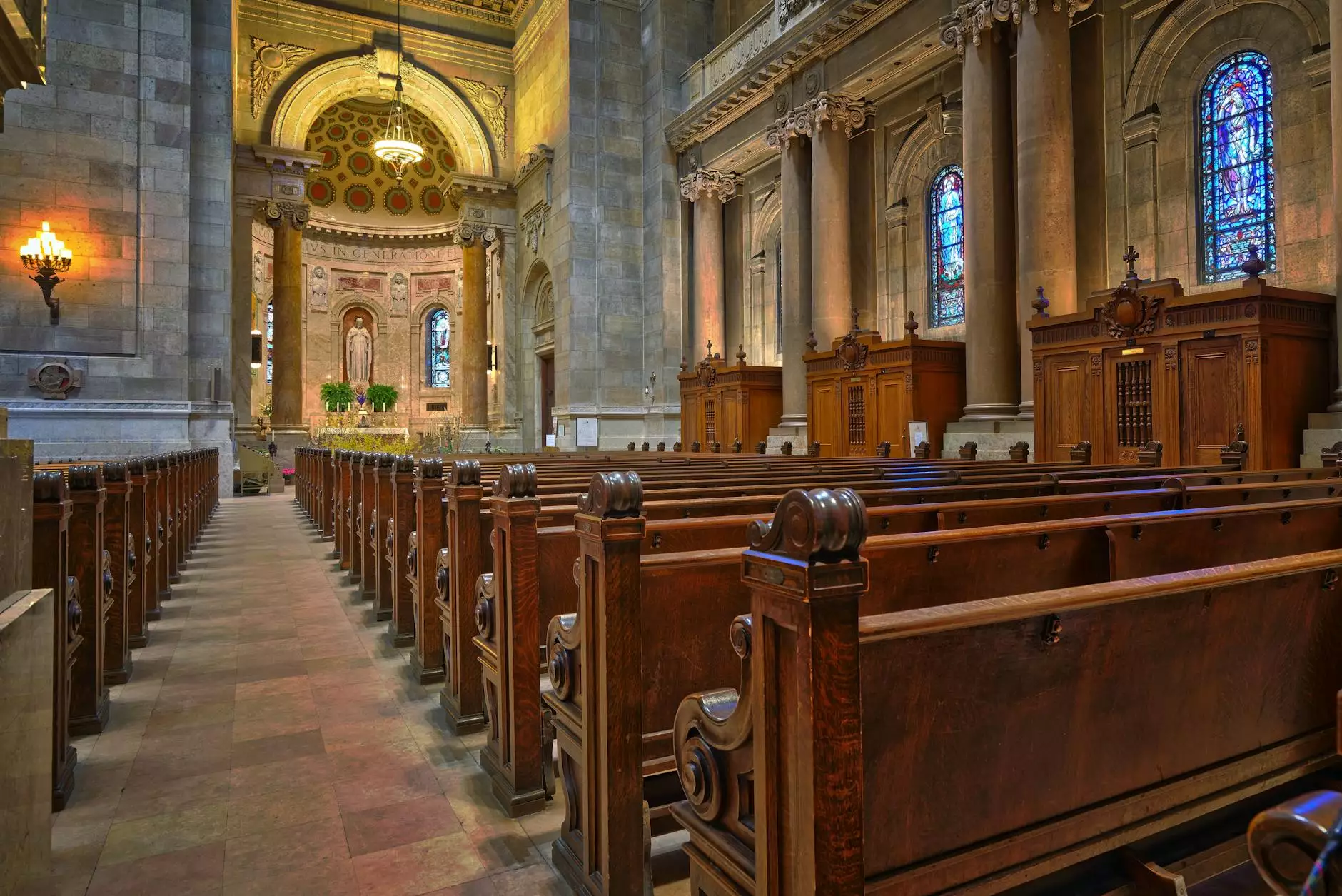Understanding the Significance of Going to Black Church: A Deep Dive into Religious and Community Life in NYC

In the diverse landscape of New York City, where cultural richness and spiritual depth intersect, the black church remains a cornerstone of community identity, spiritual nourishment, and social activism. For many, going to black church is not merely a religious obligation but a powerful tradition that shapes lives, strengthens bonds, and drives social change. As an integral part of religious organizations and community service, institutions like Bridge Church NYC exemplify this profound legacy.
The Historical Roots and Cultural Significance of the Black Church in America
The black church has a rich history dating back to slavery, serving as a sanctuary for spiritual refuge, education, and civil rights advocacy. During the tumultuous periods of American history, churches became the epicenter for organizing social justice movements, advocating for equality, and fostering community resilience.
Throughout the 19th and 20th centuries, going to black church was a act of spiritual affirmation and collective empowerment. It provided solace amid adversity and a platform for vocalizing responses to racial injustice. This history underscores the church's ongoing role as both a spiritual institution and a social anchor in Black communities across NYC and beyond.
The Modern Role of Black Churches in Community Building and Social Justice
Today, churches like Bridge Church NYC exemplify the evolving mission of the black church. They serve not only as places of worship but also as vibrant centers for community service, youth engagement, and social activism.
Spiritual Growth and Worship Experiences
In contemporary black churches, going to black church involves more than weekly Sunday services; it encompasses uplifting worship, praise, and sermons that resonate deeply with congregants' life experiences. Music, dance, and communal participation foster a sense of unity and spiritual renewal that is both invigorating and transformative.
Community Outreach and Social Services
- Food programs: Providing meals for the homeless and needy.
- Education initiatives: Tutoring, after-school programs, and literacy classes.
- Health and wellness services: Medical clinics, mental health support, and wellness seminars.
- Civil rights advocacy: Organizing marches, policy advocacy, and racial justice movements.
These activities highlight how the black church remains an essential force for positive change, exemplifying faith in action and the power of collective efforts to uplift marginalized communities.
The Spiritual and Cultural Experience of Going to Black Church in NYC
Remote from the stereotypical images often associated with religious practices, NYC's black churches offer vibrant, culturally rich experiences that combine spiritual worship with cultural expression. The musical traditions, expressive preaching styles, and communal celebrations vividly reflect the resilience and creativity of Black communities.
When you go to black church in NYC, you're engaging with a deeply rooted tradition that celebrates heritage, fosters personal transformation, and strengthens communal bonds. These experiences are marked by energetic gospel choirs, powerful sermons, lively congregational participation, and opportunities for reflection and renewal.
The Benefits of Attending Black Churches: Beyond Spiritual Growth
Participation in black church communities provides numerous benefits that extend beyond spiritual nourishment:
- Sense of belonging: Building lifelong friendships and community bonds.
- Personal development: Leadership opportunities and youth mentoring programs.
- Mental health support: Emotional comfort through prayer and fellowship.
- Social impact: Engagement in social justice initiatives and community betterment projects.
- Cultural affirmation: Celebrating Black history, arts, and traditions in a spiritual context.
Choosing the Right Black Church in NYC: What to Look For
Finding a church that aligns with your spiritual needs and community values is essential. Here are some key considerations:
- Leadership and doctrine: Does the church's mission and teachings resonate with your beliefs?
- Community involvement: Does the church actively engage in social justice and outreach?
- Worship style: Are the services vibrant, traditional, contemporary, or a blend?
- Opportunities for participation: Are there programs for youth, mentoring, volunteer work?
- Cultural relevance: Does the church celebrate Black heritage and culture?
For example, Bridge Church NYC exhibits a welcoming environment, diverse worship styles, and robust community outreach programs designed to serve and uplift Black and broader communities in NYC.
The Future of Black Churches and Their Role in Society
The black church continues to adapt and flourish amidst social changes, technological advancements, and shifting demographics. Virtual services, social media outreach, and innovative community programs enable these churches to expand their reach and impact.
As society grapples with ongoing issues of racial injustice, economic disparity, and health crises, the black church remains a vital institution for advocacy, hope, and transformation. The act of going to black church symbolizes a commitment to faith, community, and social justice, embodying a legacy that continues to inspire new generations.
Conclusion: Embracing the Power of Going to Black Church
In summary, going to black church is much more than a weekly ritual: it is an affirmation of faith, a pillar of community life, and a catalyst for social change. Churches like Bridge Church NYC exemplify how these spiritual communities foster hope, resilience, and progress in the vibrant urban landscape of New York City.
As you explore the rich tapestry of black church traditions and their ongoing contributions, it becomes clear that these institutions are not only places of worship but also powerful engines for cultural preservation and societal transformation. Whether you are seeking spiritual guidance, community connection, or active involvement in social justice, the black church offers a profound and enduring path forward.









